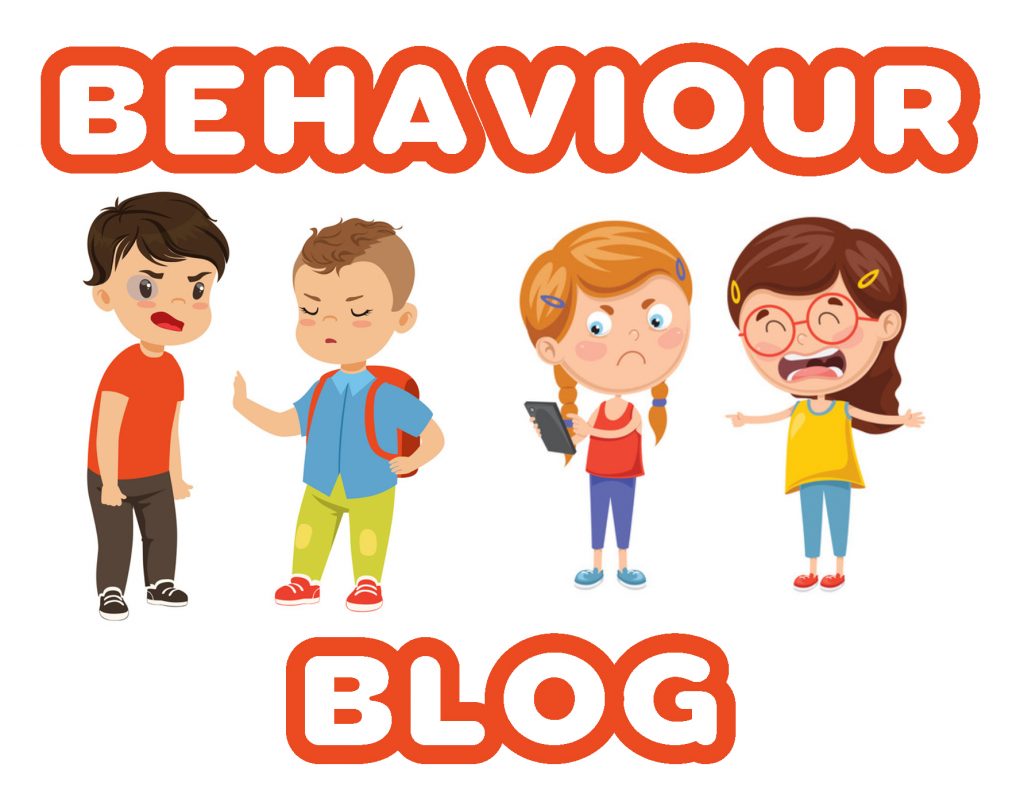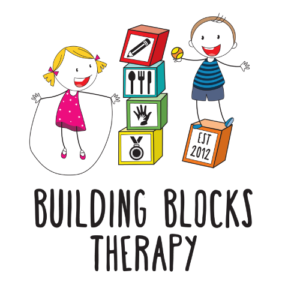
Occupational Therapists at Building Blocks Therapy work with children and their families, kindergarten staff, school staff and other therapists to manage challenging behaviours. A challenging behaviour is any unpleasant behaviour that is socially, culturally or environmentally not appropriate. This can include hitting, screaming, biting, pinching, thrusting, spitting, slapping, kicking, swearing and absconding.
The following 5 strategies have been recommended:
1. Become a detective
- All behaviours have a purpose and determining the reason is crucial to supporting your child to manage challenging behaviours.
- Often children that don’t have the expressive language to verbally express their emotions resort to aggression and insults to make others feel the same way that they do.
- Aggression and tantrums provide additional sensory input through yelling, crying, hitting and throwing items which can also be calming.
- Children also gain control over others’ emotions and behaviour by demonstrating challenging behaviour. It can be used to intimidate and gain power to have their desired outcome. For example, they may bite you when you say they cannot use their iPad.
- Children who have difficulty with social interactions may have challenging behaviours.
- It is easy to assume that your child is being naughty, attention-seeking and a brat. However, look for deeper less obvious meanings such as difficulties with problem solving, anxiety, social skills, communication and/or sensory regulation
2. Have realistic expectations regarding behaviours
- Nobody is happy, composed and attentive all of the time and it is vital that this is not the goal or expectation that we put on our children.
- Show your child that you are not happy all the time and that that is alright.
- Refrain from using terms such as get over it, move on, snap out of it and calm down as these are not effective for anybody.
- Some children have a diagnosis that means that their brains have developed differently with more complex neural pathways. This impacts their ability to react appropriately to external stimuli and use a calm and rational thought process to problem solve situations.
3. Regulate your child before reasoning with them
- It is pivotal that you reason and explain why the child’s behaviour is not appropriate to teach them to manage their behaviour. However, in order for this to be effective, the child must be calm and able to attend, process and respond to this information.
- Try a number of strategies to regulate your child after a tantrum, meltdown or conflict such as listening to music, giving them time alone in their room, punching a pillow, doing some colouring in or kicking a ball outside.
- When you begin reasoning with your child, if they become angry again, then they are not yet regulated so they may need more time.
- Some children may respond better to doing this in a written format by answering questions with processing time and silence.
4. Set clear expectations for behaviour prior to the situation where possible
- Provide limits and clear expectations for things your child can and can’t do in certain situations.
- This is more commonly recommended in public places such as parks, shops and cinemas.
- Telling your child that they cannot buy anything from the shop before going to the shop is much more effective compared to once they are in the shop.
5. Empathise with your child and everything that they may have difficulty with
- Children’s behaviour is greatly impacted by hunger, exhaustion, boredom and sickness.
- Children on the Autism Spectrum face a number of challenges that impact their behaviour such as not having Theory of Mind. Theory of Mind is the inability to make estimations of others’ thoughts, feelings and beliefs based on their actions, facial expressions and body language. This makes problem solving and understanding the whole picture difficult.
- Children with behaviour difficulties often have social challenges as they can be seen by peers as mean, a bully and/or naughty which leads to them being socially isolated.
If you have any concerns with your child’s challenging behaviour, please don’t hesitate to contact and book an appointment with an Occupational Therapist at Building Blocks Therapy.
Claire McGoldrick
Paediatric Occupational Therapist
